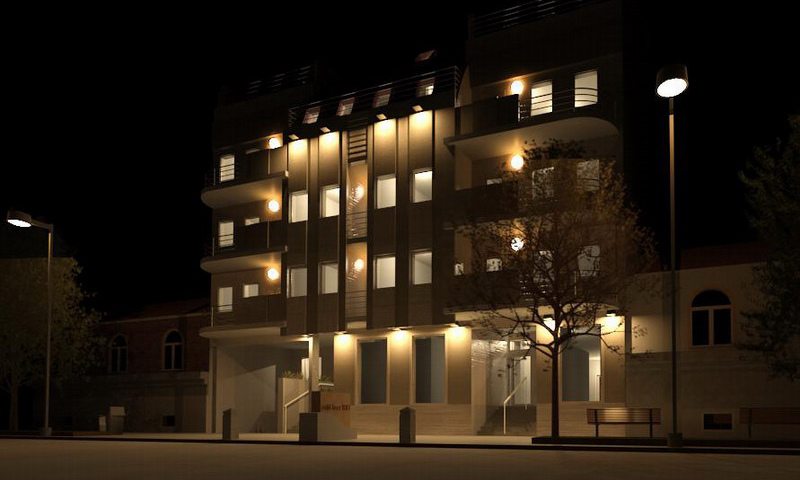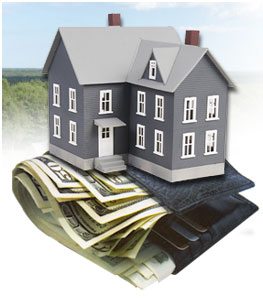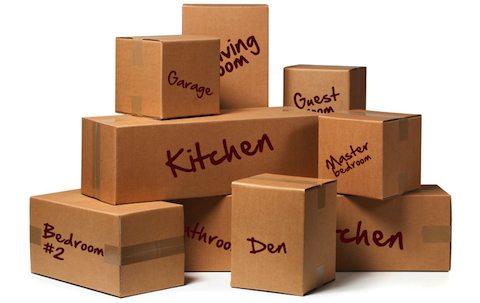First of all…PAY YOUR RENT ON TIME!!!
Aside from that, being a good tenant goes wayyyyyy beyond paying rent on time. As someone who’s living in another person’s property, you want to be considerate of that and treat is as though it is your own. Be careful, and be kind. Think about it, someone fixed up their home to rent it out to you, so you want to make sure you’re keeping it how you first got it. Single Family House Rentals helps you find you a rental in your area and set up communication with your new landlord.
Tenant Legal Help
Go to your landlord for real issues, not silly things you can do yourself. If something happens, like your air conditioner breaks, definitely contact your landlord immediately.
What else can you do to be a good tenant?
But if something happens, like a floorboard gets scuffed, take care of it yourself. They’re not going to appreciate having to fix very minor things that you could easily do on your own. If you need a roommate, Tenant Moving Assistance help with that as well.
Back to the subject of rent, if for whatever reason you can’t pay on time, just tell your landlord prior to when your rent is due and see if you can work something out with them. Don’t wait until the day the rent is due, or after that, to tell your landlord that you can’t pay them; as much as you need the money, they do too. As you enter into a lease agreement, start making repair requests, and possibly have a dispute with your landlord, Tenant Legal Rights can help you.





 things like floors (and floor plans, too). If you want to change from carpet to wood floors, or anything in that realm, you definitely need to ask your landlord if it’s okay with them. Typically if it’s something that’ll increase the value of the home, or just make it look better, they’ll be okay with it. Wanting to make big changes, like remodeling, aren’t really in your best interest. Yeah, it’d be great to have a huge closet, but is it worth the cost and hassle on a home that isn’t even yours?! Don’t think so. Unless it’s something that is absolutely necessary, and you know you’ll be living in the home for a looooong time, your landlord probably won’t sign off on it either. Plus, all of these changes aren’t free; these will require a big financial investment on your end.
things like floors (and floor plans, too). If you want to change from carpet to wood floors, or anything in that realm, you definitely need to ask your landlord if it’s okay with them. Typically if it’s something that’ll increase the value of the home, or just make it look better, they’ll be okay with it. Wanting to make big changes, like remodeling, aren’t really in your best interest. Yeah, it’d be great to have a huge closet, but is it worth the cost and hassle on a home that isn’t even yours?! Don’t think so. Unless it’s something that is absolutely necessary, and you know you’ll be living in the home for a looooong time, your landlord probably won’t sign off on it either. Plus, all of these changes aren’t free; these will require a big financial investment on your end.


